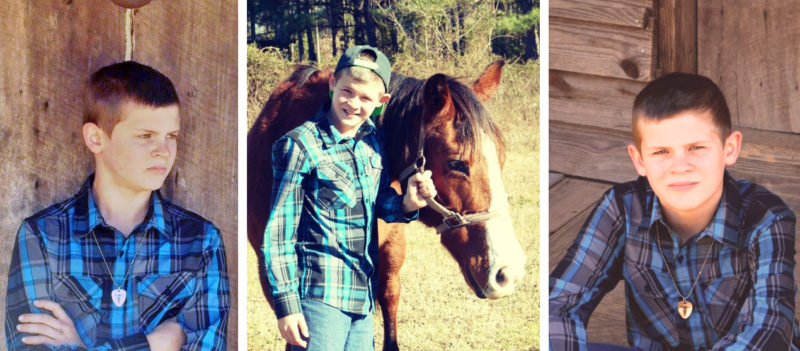I see many children and adolescents participate in our Bowel Management Program who have challenges that would stress out even the most patient adult. Some of these kids struggle with constipation. Others have bowel accidents that are totally unpredictable. What they’re dealing with is called fecal incontinence, which means not having control over your bowels.
These problems stem from a variety of issues. For some children, fecal incontinence is caused by a medical condition they’ve had since birth. For others, it can be related to a condition that developed later in life. Whatever the cause, our aim is to help these kids find a workable solution so they can achieve bowel control and experience an improved quality of life.
We have many “tricks up our sleeves” in the Colorectal Center to treat fecal incontinence, but until recently, we’ve not had an option for the most stubborn cases. This is where sacral nerve stimulation (SNS) comes in. SNS is a treatment that was approved for use by the FDA in 2011 for fecal and urinary incontinence in people ages 18 and older. Most of the people who have had success with this therapy so far are postpartum women who had birth trauma and then incontinence, both urinary and fecal. We started looking at this therapy and thought, if it can help moms, can it also help kids?
Exploring Options
So for the past two years, we’ve been researching the feasibility of offering this therapy to children. We were thorough in our investigations to make sure SNS—sometimes also called sacral nerve neuromodulation—would be appropriate, viable, and safe for our patients.
In the fall of 2015, that research and investigation came to fruition when we offered SNS to three patients who had gone through our Bowel Management Program and didn’t find a therapy that worked for them. Bowel Management is a weeklong outpatient program that is successful for 80-90 percent of those who complete it. The remaining 10-20 percent do not achieve bowel control at the end of the program.
Still wanting to help these patients, we carefully studied each case and ultimately offered SNS to the families.
Jon’s Story
One of the first patients to have the SNS procedure here is a 10-year-old named Jon. He experienced fecal incontinence for seven years—struggling so much that his parents homeschooled him so he didn’t have to deal with accidents at school. The Bowel Management Program unfortunately didn’t help Jon. In studying his history, we determined SNS could be a viable solution for him. We presented it as an option to his family and they decided to try it.
SNS involves implanting a device and doing a trial run to see how it works. After Jon’s trial period, I remember walking into the exam room for his post-op visit and seeing smiles all around. Jon was ecstatic about how well it was working. Then his mom hugged me and said, “You’ve completely changed his life.”
Continuing Our Studies
That’s why Cincinnati Children’s is offering this therapy. That’s why we will continue to diligently study the effectiveness of SNS—to learn more about which patients benefit from the therapy and which do not. We don’t yet know that, but we want to be the ones to figure it out, so we can offer SNS to those patients for whom it’s most likely to succeed.
SNS is not a first line of treatment, but a last resort for kids who have tried everything else. Our aim is not to offer SNS to everyone, but to those where we have exhausted all other therapies first. It is gaining popularity as a pediatric treatment since we and a few other institutions are starting to show success with it.
If you would like to learn more about SNS in pediatric patients, we would be happy to discuss it in greater detail with you. Call 513-636-3240 or email colorectalcenter@cchmc.org, and one of our nurses will be in touch to set up an appointment or a phone consultation with me or one of our other surgeons.





